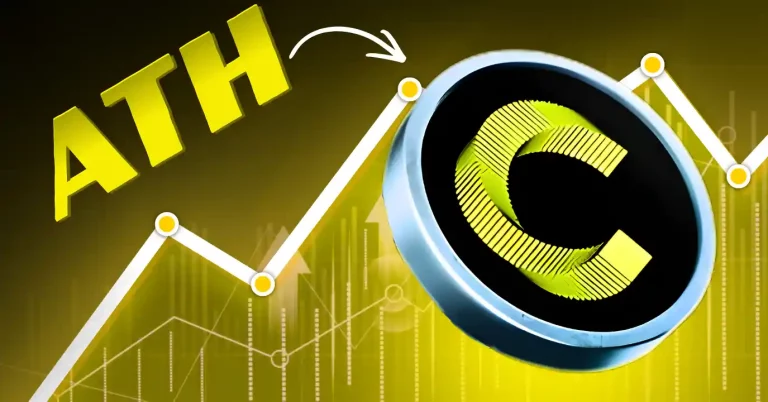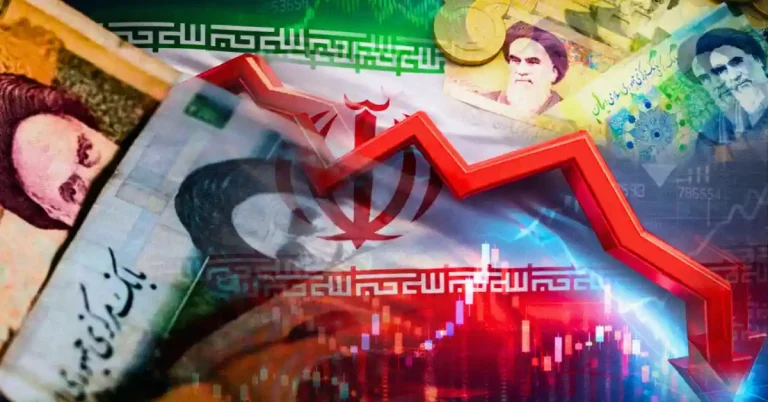
Navigating the Future: Emerging Trends in Fintech Technology
Fintech technology is revolutionizing the financial industry, and it’s essential to stay ahead of the curve. Emerging trends in fintech are transforming the way we think about money, banking, and financial services. In this article, we’ll explore the latest developments and innovations in fintech, and what they mean for the future of finance.
Introduction to Fintech

Fintech, short for financial technology, refers to the use of technology to improve and automate financial services. From mobile payments to cryptocurrency, fintech has been rapidly evolving over the past decade. The global fintech market is expected to reach $124.3 billion by 2025, growing at a CAGR of 23.4% during the forecast period.
Emerging Trends in Fintech

So, what are the emerging trends in fintech that you need to know about? Here are some of the most significant developments in the industry:
- Artificial Intelligence (AI) and Machine Learning (ML): AI and ML are being used to improve customer service, detect fraud, and optimize financial processes. For example, chatbots are being used to provide 24/7 customer support, while ML algorithms are being used to detect anomalies in transaction patterns.
- Blockchain and Distributed Ledger Technology: Blockchain technology is being used to create secure, transparent, and tamper-proof records of transactions. This technology has the potential to revolutionize the way we think about identity verification, supply chain management, and cross-border payments.
- Mobile Payments and Digital Wallets: Mobile payments and digital wallets are becoming increasingly popular, with many consumers using their smartphones to make payments, transfer money, and store loyalty cards. For example, Apple Pay, Google Pay, and Samsung Pay are just a few examples of mobile payment systems.
- Robo-Advisors and Digital Investment Platforms: Robo-advisors and digital investment platforms are changing the way we invest and manage our finances. These platforms use AI and ML to provide personalized investment advice, automate portfolio management, and reduce fees.
- Cryptocurrency and Digital Assets: Cryptocurrency and digital assets are becoming increasingly popular, with many investors looking to diversify their portfolios and gain exposure to new asset classes. For example, Bitcoin, Ethereum, and Litecoin are just a few examples of popular cryptocurrencies.
The Future of Fintech

So, what does the future hold for fintech? Here are some predictions and trends to watch out for:
- Increased Adoption of AI and ML: AI and ML will continue to play a major role in fintech, with many companies investing in these technologies to improve customer service, detect fraud, and optimize financial processes.
- More Focus on Cybersecurity: As fintech continues to grow, cybersecurity will become an increasingly important concern. Companies will need to invest in robust security measures to protect customer data and prevent cyber attacks.
- Greater Emphasis on User Experience: Fintech companies will need to focus on creating seamless, user-friendly experiences for their customers. This will involve investing in intuitive interfaces, mobile apps, and customer support systems.
- More Collaboration between Fintech and Traditional Financial Institutions: We can expect to see more collaboration between fintech companies and traditional financial institutions, such as banks and credit unions. This will involve partnerships, acquisitions, and investments in fintech startups.
- Increased Regulatory Scrutiny: As fintech continues to grow, regulatory bodies will need to adapt to the changing landscape. We can expect to see more regulatory scrutiny, particularly around issues such as consumer protection, data privacy, and cybersecurity.
Conclusion

Navigating the future of fintech requires a deep understanding of the emerging trends and technologies that are transforming the financial industry. From AI and ML to blockchain and cryptocurrency, these developments have the potential to revolutionize the way we think about money, banking, and financial services. As fintech continues to evolve, it’s essential to stay ahead of the curve and anticipate the opportunities and challenges that lie ahead.






